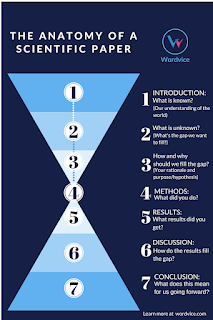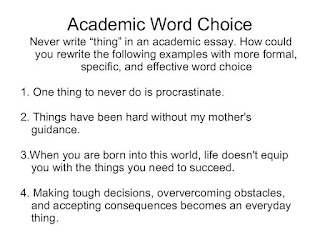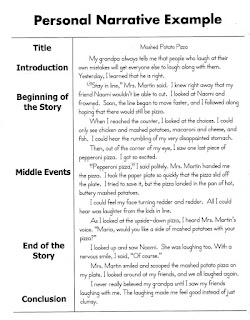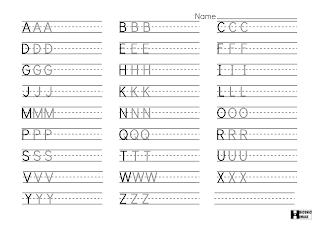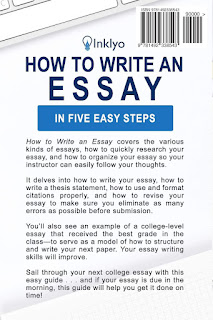Best Grant Writing Courses - A Guide to Boosting Your Grant Writing Skills
Grant writing is a specialized skill that requires proficiency in persuasive writing, financial acumen, and a thorough understanding of grant application processes. If you are interested in honing your grant writing abilities or starting a career in this field, enrolling in a grant writing course can be immensely beneficial.
Why Should You Take a Grant Writing Course?
Grant writing courses offer valuable guidance and insights into the intricacies of the grant application process. The knowledge and skills you gain from these courses can significantly increase your chances of success in securing grants for various projects, whether you work for a non-profit organization or are an independent grant writer.
Outlined below are some key reasons why taking a grant writing course can be advantageous:
- Develop Essential Skills: Grant writing courses provide comprehensive training on how to craft compelling grant proposals. You will learn to write persuasively, concisely, and effectively, demonstrating the value and feasibility of your project to potential funders.
- Stay Updated: Grant writing courses keep you up-to-date with the latest trends and best practices in the field. Grant application processes and funding requirements can change over time, and these courses ensure that you are equipped with relevant and current knowledge.
- Boost Your Confidence: Learning from experienced instructors and receiving feedback on your writing can significantly boost your confidence as a grant writer. This newfound confidence will reflect in your proposals, increasing your chances of securing funding.
- Networking Opportunities: Grant writing courses often provide opportunities to connect with other professionals in the field. Networking can lead to collaborations, job opportunities, and access to valuable resources, further enhancing your grant writing career.
- Enhance Your Credentials: Completing a grant writing course adds credibility to your professional profile. It showcases your commitment to continuous learning and demonstrates to prospective employers or clients that you have invested in acquiring specialized skills.
Top Grant Writing Courses Online
Now that you understand the advantages of enrolling in a grant writing course, here are some of the best online courses available:
- Grant Writing and Nonprofit Communications Certificate - Offered by the University of Notre Dame, this certificate program equips you with essential grant writing skills, including researching potential funders, proposal writing, and project budgeting.
- The Complete Grant Writing Course - This course on Udemy provides a comprehensive overview of the grant writing process, from identifying funding opportunities to crafting a persuasive proposal. It also covers tips for effectively managing grants once awarded.
- Foundation Center’s Proposal Writing Course - The Foundation Center offers a self-paced online course that covers the fundamentals of writing grant proposals. It includes how to create a project budget and incorporates real-world examples and interactive exercises.
- Grant Writing MasterClass - Taught by a seasoned grant writer, this masterclass focuses on equipping students with advanced grant writing techniques and strategies. It covers various types of grants and provides hands-on experience in developing winning proposals.
No matter which course you choose, remember that consistent practice, continued learning, and gaining real-world experience by volunteering or internships will further enhance your grant writing skills.
Investing in your grant writing education will not only benefit you but also the organizations you work with, as your improved skills will increase their chances of securing vital funding for their projects.
So, take the initiative today and enroll in one of these top grant writing courses to kick-start or advance your career as a successful grant writer!








